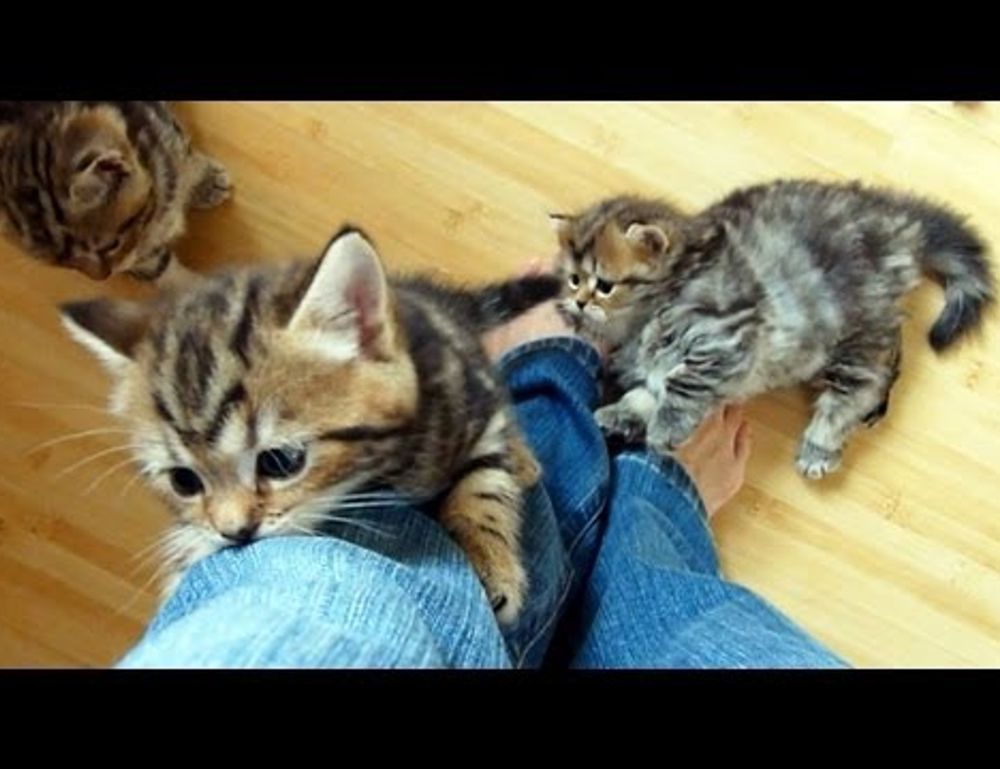3513772322 in the Wild
Search engines don’t offer a solid lead. The number comes up in obscure forum replies, slight variants in database excerpts, and a couple of dismissed email chain screenshots. Someone even included it once in a satire post about AI controlling your refrigerator. No solid consensus.
If the number does have an origin, it’s lost in the noise. A search through GitHub, Stack Overflow, and system documentation didn’t tie it to any known publicfacing software versions or development log entries. Still, that doesn’t mean it didn’t start from a closedsource tool or custombuilt platform.
What Makes 3513772322 Stick Out?
Numbers grab attention when they’re out of context. 3513772322 isn’t formatted like a US phone number. It’s a 10digit string that could be mistaken for an ID, a code, or something completely random. That’s part of the reason it’s sticking in people’s minds. It doesn’t clearly announce its purpose.
But there’s structure if you look closely. It’s all numbers, no dashes, letters, or symbols. It could be part of a tracking system, bank reference, internal corporate code, or even a scrambled IP address when misunderstood. Humans instinctively decode. That’s what we’re trying to do here.
Not Just Another Number
What if 3513772322 isn’t random? Sometimes numbers end up linked to specific topics online—just ask anyone who’s googled weird phone numbers or cryptic strings of digits. A number gets tied to a mystery, a meme, a scam, or a story, and suddenly it spreads. Someone tweets it, drops it in a video as an Easter egg, or it shows up in a puzzle. That snowballs.
Chat groups and Reddit threads are asking the same thing: “What is 3513772322?” There are theories:
A test string used by a call center company A forgotten temporary code used in SMS automation The identifier of a viral marketing campaign nobody’s claimed yet
The only way a number takes on meaning is if people assign one. And right now, the internet’s on the case.
Could 3513772322 Be a Phone Number?
Possible. But not straightforward. If you break it down into plausible formats for different countries, nothing clear emerges. It doesn’t match the standard for North America or most of Europe. Could be a burner number, VoIP line, or internal system number—maybe even spoofed.
This matters because a lot of scams and spam messages hide under untraceable or misleading numbers. If you’ve received messages or calls from this number, proceed like you would with any unfamiliar contact: don’t respond, don’t click, and don’t assume legitimacy.
A growing number of people mention seeing 3513772322 tied to robocalls and automated messages. That could mean this number is part of a larger batch used by scam operations. Again, no confirmed source—just patterns.
Turning Up in Automation and Data Systems
In tech, placeholders are everywhere. Developers use dummy data when writing test scripts. If someone coded a form or autosender incorrectly and forgot to replace a placeholder, numbers like 3513772322 might slip through and go live.
This isn’t limited to amateur projects. Large systems often use test entries during deployment. In emails, for example, you might get a string like “Confirmation Code: 3513772322” if something went a little sideways in the configuration process.
That would explain random appearances in receipts, online confirmations, or sample documents. It could also mean the number itself was once a filler—and now it’s become an unintentional signature floating around the internet.
Is There Meaning Behind These Digits?
Here’s where it gets speculative. Humans want patterns. When numbers like 3513772322 appear repeatedly, we dig for context, hidden meaning, numerology, or even conspiracy. It’s how the creative part of our brain operates.
Break it apart: 35, 13, 77, 2322. Yeah, you could analyze those fragments forever:
13 is a classic superstition trigger 77 might be seen as lucky or spiritually significant 2322 is symmetrical and rhythmic
But let’s stay grounded. Unless someone coded it with intention, or unless it’s a callback to a deeper reference, the meaning may not be embedded. It could just be coincidental patterning—like walking into a room and seeing every clock at 11:11.
How to Handle Unknown Number Strings
So you found or received a number like 3513772322. Here’s your checklist:
- Don’t panic. If no clear scam or threat is attached, don’t assign it urgency it doesn’t deserve.
- Google it. Often, someone online already asked about it.
- Check the context. Where did it appear—email, form, message, receipt? Context gives clues.
- Don’t engage with it. If it’s contactable, skip making a call or replying.
- Report if needed. If it’s tied to harassment, spam, or fraud, file a report and block the source.
Internet mysteries come and go, but most are explainable. It’s data without a narrative—until someone gives it one.
The Verdict on 3513772322
At this point, no solid evidence connects 3513772322 to a specific function, person, company, scam, or system. It’s just… out there. It might gain more meaning in time (especially if someone claims it), or it might fade like yesterday’s chain email.
For now, chalk it up as another weird internet ghost number—familiar, unexplained, and mostly harmless.
If you’re still digging, keep watching the forums and tech chatter. Patterns emerge slowly. And if you ever stumble across a code, number, or glitch that doesn’t fit, you’re not alone. Welcome to the rabbit hole.


 Reginae Daviester has been a key contributor to the success of Residence Resale Tactics, leveraging her creativity and dedication to help build a platform that serves as a comprehensive resource for real estate professionals. Her role as a helper involves crafting innovative ideas and supporting content development, ensuring the platform remains engaging and valuable for its audience. Reginae’s passion for real estate is reflected in her commitment to delivering high-quality insights that empower users to navigate the market effectively.
Her diverse skill set and willingness to take on new challenges have been vital to the project’s growth, enabling Residence Resale Tactics to expand its offerings and maintain its status as a leading resource. Reginae's enthusiasm and forward-thinking approach continue to inspire the team, contributing significantly to the platform's ongoing evolution and impact in the real estate community.
Reginae Daviester has been a key contributor to the success of Residence Resale Tactics, leveraging her creativity and dedication to help build a platform that serves as a comprehensive resource for real estate professionals. Her role as a helper involves crafting innovative ideas and supporting content development, ensuring the platform remains engaging and valuable for its audience. Reginae’s passion for real estate is reflected in her commitment to delivering high-quality insights that empower users to navigate the market effectively.
Her diverse skill set and willingness to take on new challenges have been vital to the project’s growth, enabling Residence Resale Tactics to expand its offerings and maintain its status as a leading resource. Reginae's enthusiasm and forward-thinking approach continue to inspire the team, contributing significantly to the platform's ongoing evolution and impact in the real estate community.